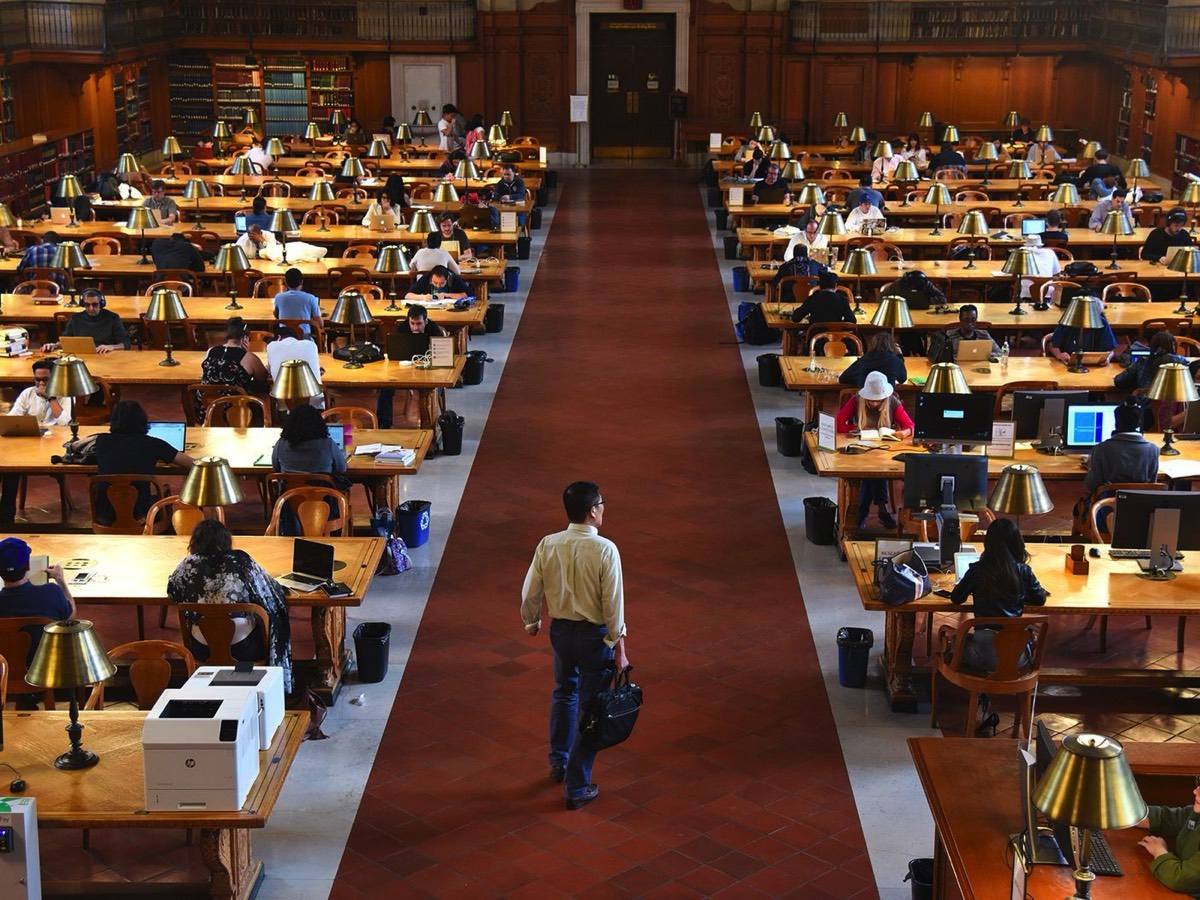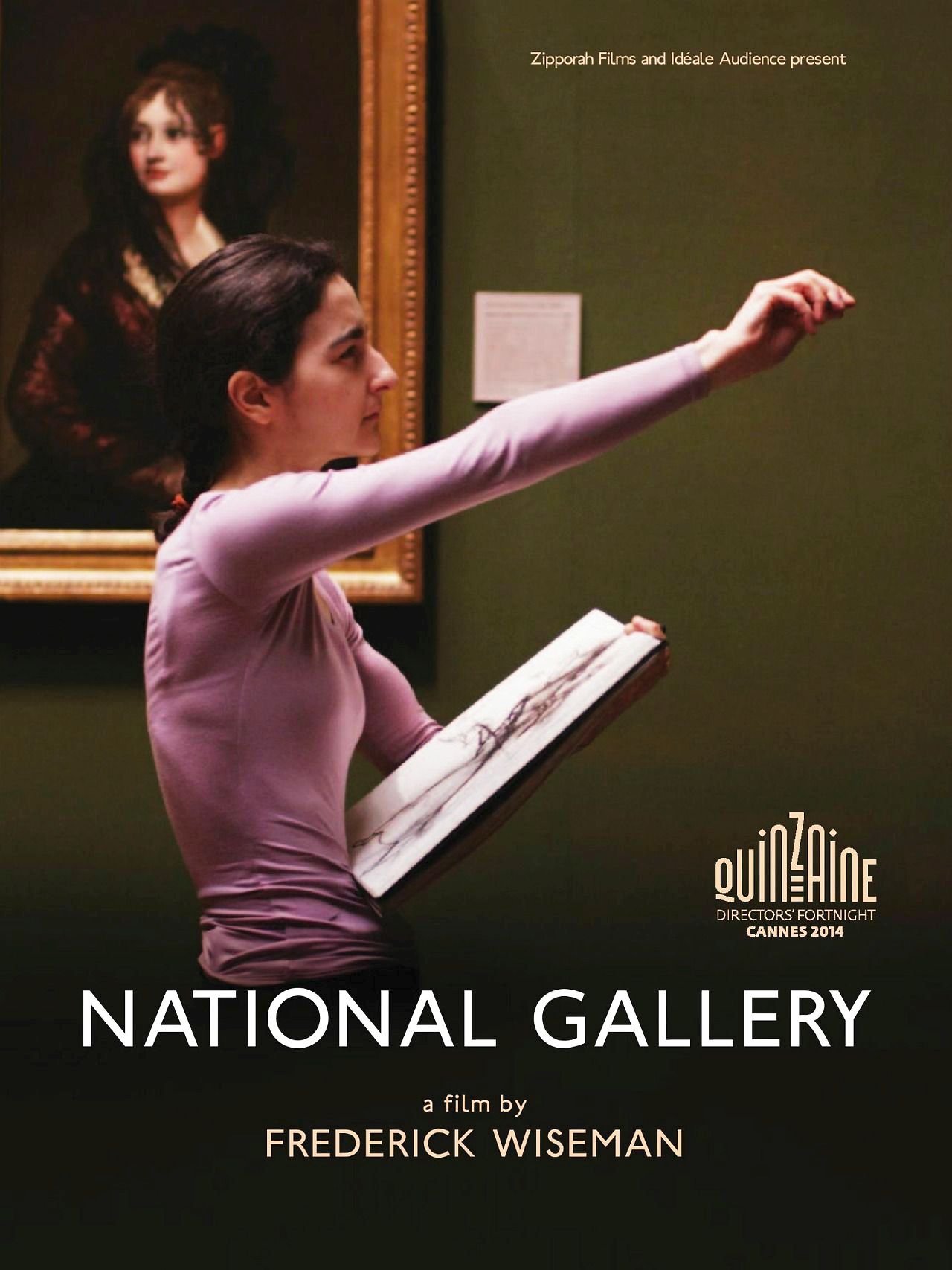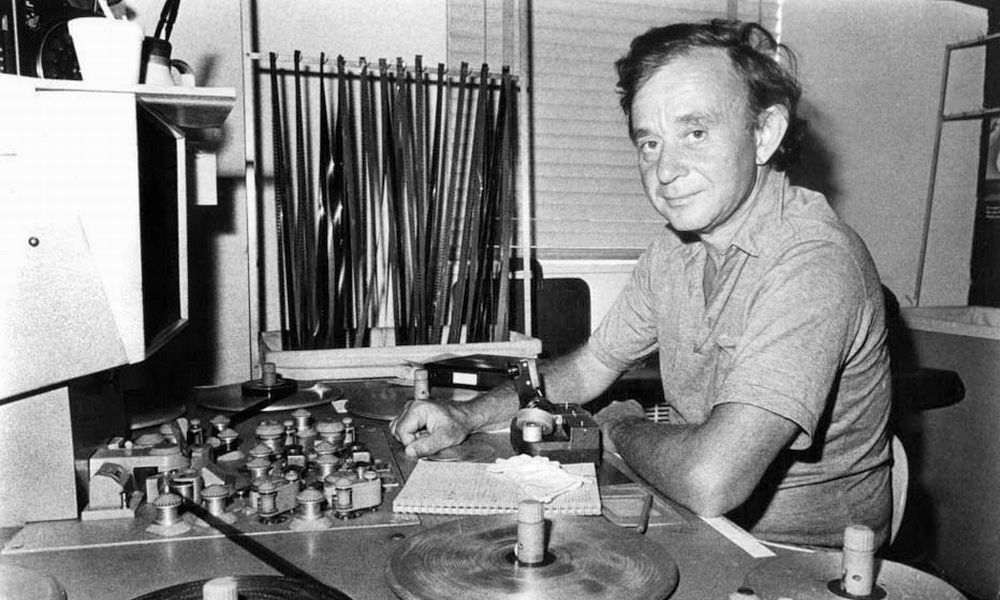"Recognizing that all film-making is a process of imposing order on filmed materials, Wiseman calls his works 'reality fictions'. His stance is not polemical or nakedly didactic, and he has been described as the cinema's most intelligent and sophisticated postwar documentarist." - The Movie Book, 1999
Frederick Wiseman
Director / Producer / Editor / Screenwriter
(1930-2026) Born January 1, Boston, Massachusetts, USA
Top 250 Directors
(1930-2026) Born January 1, Boston, Massachusetts, USA
Top 250 Directors
Key Production Countries: USA, France
Key Genres: Documentary, Culture & Society, Social Issues, Law & Crime, Biography, History, Sociology, Politics & Government, Military & War, Psychology, Sports, Education
Key Collaborators: John Davey (Cinematographer), William Brayne (Cinematographer), Pierre-Olivier Bardet (Producer)
Key Genres: Documentary, Culture & Society, Social Issues, Law & Crime, Biography, History, Sociology, Politics & Government, Military & War, Psychology, Sports, Education
Key Collaborators: John Davey (Cinematographer), William Brayne (Cinematographer), Pierre-Olivier Bardet (Producer)
"A leading exponent of 'direct cinema', Frederick Wiseman differs from figures like Pennebaker and the Maysles Brothers in that he uses documentary not for individual portraiture but for a mammoth socio-political investigation of specific American institutions. If the dispassionate tone of much of his work sometimes suggests a rather woolly liberal reluctance to take sides or to analyse, there is no denying his ability to evoke a wider social context through the relentless, intimate observation of human behaviour." - Geoff Andrew (The Film Handbook, 1989)
"After studying law at Yale University, he became a documentary film-maker; his first major work, Titicut Follies (1967), was a controversial exposé of life inside a state hospital for the criminally insane. He subsequently turned his camera onto other US institutions - schools, hospitals, courts and the police force - using a distinctive non-chronological style without narration." - Chambers Film Factfinder, 2006

Ex Libris: The New York Public Library (2017)
"In 1967 he directed his first and most controversial film, Titicut Follies… His subsequent documentaries were frequently concerned with institutions of various sorts (a school, a hospital, the police, the army, a law court), depicted without commentary in cinéma-vérité style, but with some implied comment in the editing." - The Illustrated Who's Who of the Cinema, 1983
"Frederick Wiseman is a legend among filmmakers, a documentarian who’s been chronicling American life and institutions with a keen eye. His 41 winsome, thoughtful, and often funny films — about everything from ballet companies to mental hospitals to meat processing plants — pack a punch, slipping cultural critiques and implications below the audience’s radar by focusing on the fascinating people in front of the camera… Wiseman has cataloged some of the most fascinating and important institutions of our civilization, using his films to make stealth political arguments that circumvent the easy generalizations and partisan catfights that often erase citizens from the very systems that are meant to serve the public good." - Alissa Wilkinson (Vox, 2018)
"Wiseman is not an open polemicist; his films do not appear didactic. But as we are taken from one social encounter to the next, as we are caught up in the leisurely rhythms of public ritual, we steadily become aware of the theme uniting all the films. In exploring American institutions, at home and abroad, Wiseman shows us social order rendered precarious. As he has put it, he demonstrates that ‘‘there is a gap between formal and actual practice, between the rules and the way they are applied.’’ What emerges is a powerful vision of people trapped by the ramifications and unanticipated consequences of their own social institutions." - Andrew Tudor (International Dictionary of Films and Filmmakers, 2000)
"Over the course of his very long career, director Frederick Wiseman has always worked in nonfiction, in the realm of the real, yet his films may best be described as novelistic. Embedding himself in hospitals, schools, theater and dance groups, neighborhoods, and towns across the U.S. and occasionally Europe, he uncovers human drama, pathos, and psychological detail that escape the eye of the ordinary observer. He began making films almost 60 years ago and has continued at the astonishing pace of just about one documentary a year ever since." - Matthew Carey (Deadline, 2025)
"Most of his documentaries are made for National Educational Television (NET). His method is to enter various institutions with his hand-held camera and shoot a vast amount of footage over a long period. He then edits it dispassionately, being careful not to give special weight to any particular scene in case it makes a subjective point. The films are shown without narration or music. The results are often fascinating eavesdroppings on institutions… but which cry out for some editorial comment." - Ronald Bergan (A-Z of Movie Directors, 1983)
"His minimalism is decent, but puritanical and repressed. It does nothing to prohibit the power of atmosphere and experience in his films. His loyalty to bureaucracy is as great as Kafka’s, but Wiseman has so purged himself of his own reactions that he sometimes makes what seem like unattended films, sustained by the listless momentum of the system and the demoralized complicity of all of us who are involved in it. Shy of ideological commitment and formal construct, and alarmed at the prospect of his own anger or dismay, Wiseman often seems as meek as the animals who engage his sensibility most strongly—in Primate and Meat." - David Thomson (The New Biographical Dictionary of Film, 2010)
"Arguably the greatest documentary maker in America, Frederick Wiseman's work comes with no added ingredients. No narration, no music, no inter-titles, no obvious narrative devices. With his unflinching eye and hand-held camera, the director seems to present us with raw, unmediated and bruising reality in the tradition of Direct Cinema. But this is only an appearance. As Wiseman is the first to point out, there's little vérité in his cinema, which is both highly selected and subjective." - Lloyd Hughes (The Rough Guide to Film, 2007)
"When I come back from the shoot, a couple of weeks after I come back, I start looking at the rushes. That takes me six to eight weeks. And then I make notes about what I’m seeing and hearing. At the end of that six to eight weeks, I put aside about fifty per cent of the material. And then, over the next six or eight months, I edit all the sequences that I think I might use in the film. And it’s only when I edited all the so-called candidate sequences in close to final form that I begin to work on the structure. But all the—both the structure and the thematic considerations are something that evolve at the end of the editing, as a consequence of total immersion in the material during the period of the editing." - Frederick Wiseman (The New Yorker, 2018)
Selected Filmography
{{row.titlelong}}
GF Greatest Films ranking (★ Top 1000 ● Top 2500)
21C 21st Century ranking (☆ Top 1000)
T TSPDT R Jonathan Rosenbaum
21C 21st Century ranking (☆ Top 1000)
T TSPDT R Jonathan Rosenbaum
Frederick Wiseman / Favourite Films
A Day at the Races (1937) Sam Wood, The Dentist (1932) Leslie Pearce, Duck Soup (1933) Leo McCarey, The Gold Rush (1925) Charles Chaplin, La Grande illusion (1937) Jean Renoir, Hôtel Terminus (1987) Marcel Ophüls, Modern Times (1936) Charles Chaplin, A Night at the Opera (1935) Sam Wood, Paths of Glory (1957) Stanley Kubrick, La Strada (1954) Federico Fellini.
Source: Sight & Sound (2022)
A Day at the Races (1937) Sam Wood, The Dentist (1932) Leslie Pearce, Duck Soup (1933) Leo McCarey, The Gold Rush (1925) Charles Chaplin, La Grande illusion (1937) Jean Renoir, Hôtel Terminus (1987) Marcel Ophüls, Modern Times (1936) Charles Chaplin, A Night at the Opera (1935) Sam Wood, Paths of Glory (1957) Stanley Kubrick, La Strada (1954) Federico Fellini.
Source: Sight & Sound (2022)
Frederick Wiseman / Fan Club
Arlin Golden, Robert Greene, David Jenkins, Nicolas Rapold, Philip Concannon, Peter Rainer, Filipe Furtado, Alex Ross Perry, Edward Lawrenson, Richard Brody, Christopher Campbell, Heddy Honigmann.
Arlin Golden, Robert Greene, David Jenkins, Nicolas Rapold, Philip Concannon, Peter Rainer, Filipe Furtado, Alex Ross Perry, Edward Lawrenson, Richard Brody, Christopher Campbell, Heddy Honigmann.
"Fan Club"
These film critics/filmmakers have, on multiple occasions, selected this director’s work within film ballots/lists that they have submitted.
These film critics/filmmakers have, on multiple occasions, selected this director’s work within film ballots/lists that they have submitted.


